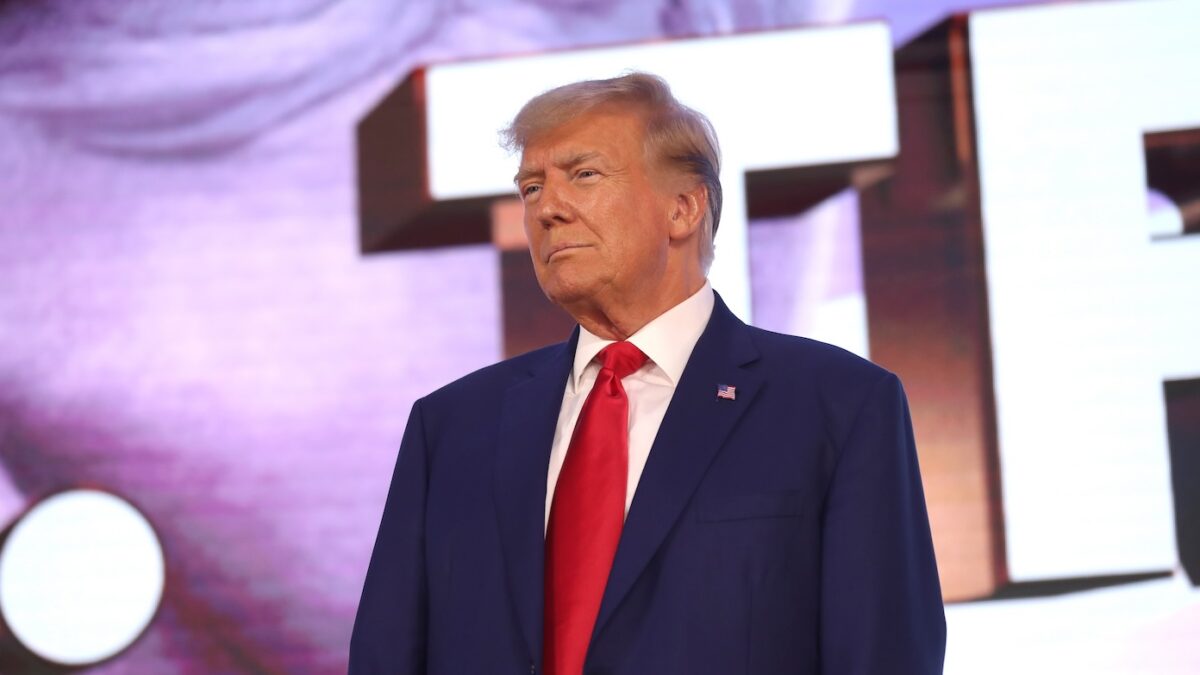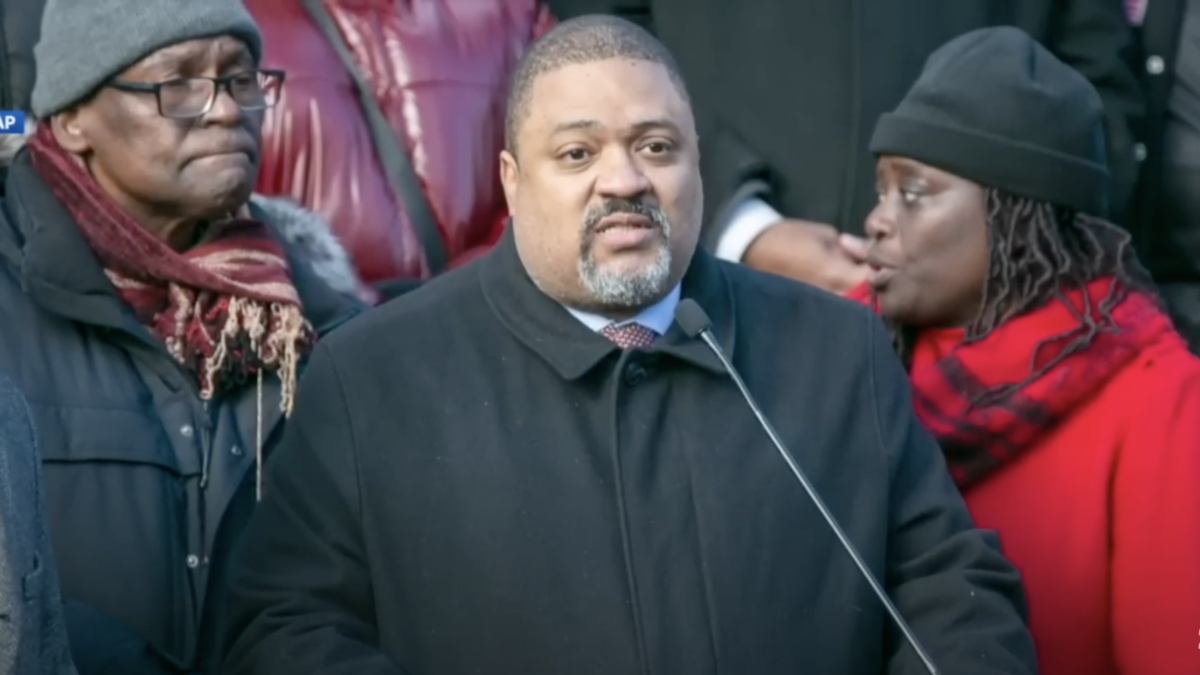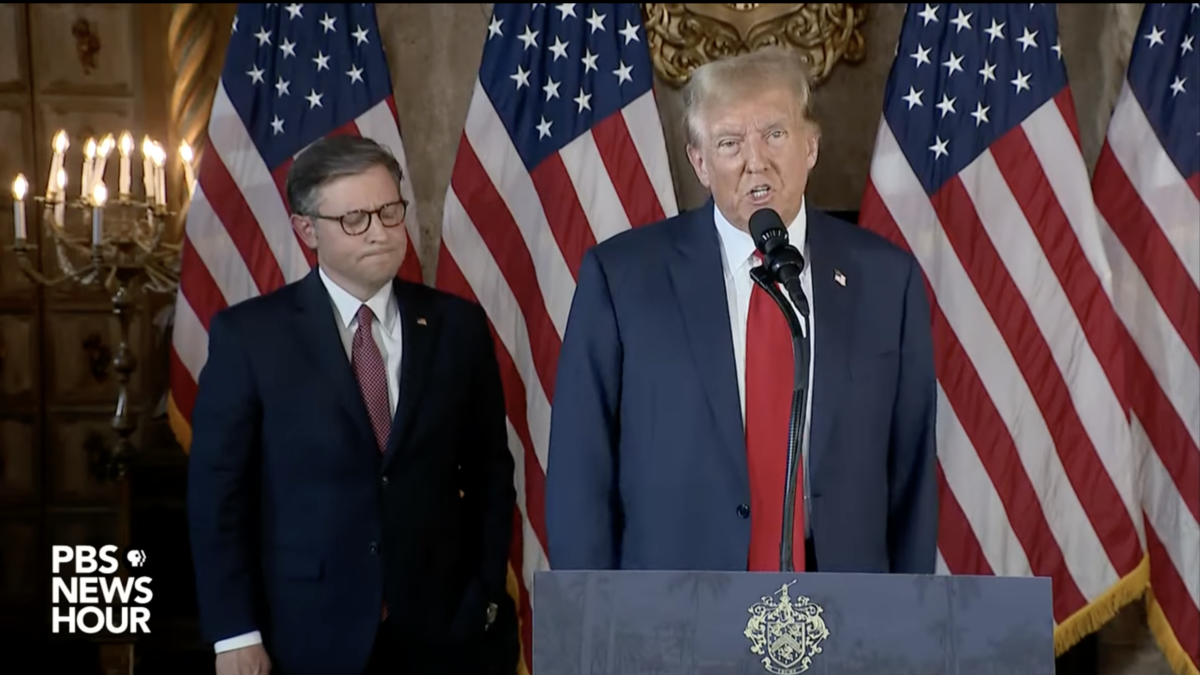
The NFL is a quarter of the way through its 2016 season. That means San Francisco 49ers’ quarterback Colin Kaepernick has had numerous opportunities to kneel in protest during the national anthem.
He’s also had ample opportunities to disrespect the flag, veterans, and law enforcement personnel. He’s worn socks that portray police officers as pigs, motivating impressionable high school students to make similar protests. He’s used social media and other public venues to advocate for his positions.
Clearly, the private sector (the NFL, specifically) has not done enough to control Kaepernick’s offensive speech and outrageous behavior—let alone to rectify his backward beliefs. So it’s time for government intervention.
We need legislation passed immediately to stamp out Kaepernick and his imitators, by prohibiting actions or expression that directly or indirectly disrespects veterans, law enforcement personnel, or other public servants, or that indicates they aren’t welcome at public events.
Kaepernick Is Making People Feel Bad, So He’s Gotta Go
The need for such legislation is self-evident. Colin Kaepernick works for a business. This business offers entertainment to the public at large, and should not discriminate against particular members of the community by allowing its employees to show such blatant disrespect.
Veterans and law enforcement personnel shouldn’t have to suffer this stigma and humiliation. How can we even call ourselves a free nation when these men and women can’t even walk into a football stadium without feeling denigrated?
Obviously, every law includes consequences for violations. So let’s settle on fines of up to $2,500, up to six months in jail, and three years’ probation for every day that an individual violates that law.
At first glance, subjecting someone to fines of up to $912,500 over the course of a year might sound severe. But it’s a small price to pay for a society of utopian tolerance, in which no one is forced to encounter words and acts they don’t like.
There’s only one problem: an archaic writing that says something about our inherent right to free expression. It’s called the First Amendment.
Why We Let People Say Objectionable Things
“If there is any fixed star in our constitutional constellation, it is that no official, high or petty, can prescribe what shall be orthodox in politics, nationalism, religion, or other matters of opinion or force citizens to confess by word or act their faith therein.”
U.S. Supreme Court Justice Robert Jackson penned these words in 1943, in the opinion for West Virginia Board of Education v. Barnette during World War II. It was less than two years after the bombing of Pearl Harbor. Patriotism was a consensus cultural imperative at the time.
Justice William Brennan also issued a staunch defense of the First Amendment in Texas v. Johnson in 1989: “If there is a bedrock principle underlying the First Amendment, it is that the government may not prohibit the expression of an idea simply because society finds the idea itself offensive or disagreeable.” Chief Justice John Roberts quoted Brennan’s words in a 2011 decision protecting “outrageous” speech.
Finally, Justice Louis Brandeis in Whitney v. California explained in a concurring opinion in 1927 that the best response to bad speech is refutation, not elimination. “If there be time to expose through discussion the falsehood and fallacies, to avert the evil by the process of education, the remedy to be applied is more speech, not enforced silence,” he said.
Kaepernick Isn’t the Only One Entitled to Free Speech
So it seems my desire to silence Kaepernick and stymie his behavior is thwarted. Not because the government has determined his actions and words to be unobjectionable, but because his right to speak and act peacefully and consistently with his beliefs is essential to the cultivation of a free society. Most of us, at our core, recognize this truth.
While some—many 49ers fans included—would celebrate a decision by Kaepernick’s employer to cut him and his $114-million-dollar salary, especially since he’s been riding the pine for a year now, few would cheer government action to criminalize his freedom to speak and act consistently with his beliefs. Yet if we substitute the “players” and change the topic, hypocrites abound.
For instance, instead of Kaepernick and his conscience-motivated decision to kneel for the national anthem, consider artists Joanna Duka and Breanna Koski.
Kaepernick believes that standing for the national anthem would convey his acceptance or endorsement of certain controversial actions by law enforcement. Joanna and Breanna believe that creating custom art for same-sex weddings would convey their acceptance or endorsement of an unbiblical view of human sexuality.
Yet in Phoenix, where Joanna and Breanna operate their custom art business, Brush & Nib Studio, there is a law that compels them to promote same-sex marriage through their own artistic expression.
Individuals Should Be Able to Express Their Convictions
Phoenix City Code Section 18.4(B) bans “[d]iscrimination in places of public accommodation,” and the city has interpreted the law to require Brush & Nib to create art celebrating same-sex wedding ceremonies because Brush & Nib creates art celebrating opposite-sex wedding ceremonies. And like the proposed – but ludicrous – law for Kaepernick, Joanna and Breanna actually do face up to $2,500 in fines, six months in jail, and three years’ probation for each day the studio violates the law.
This coercive law is celebrated by many of the same people who would likely approve of Kaepernick’s subversive behavior.
Many disagree with Kaepernick, and many disagree with Joanna and Breanna. But just as Kaepernick must be free to speak and act peacefully according to his beliefs, Joanna and Breanna must be granted the same freedom.
The same applies to others who seek to peacefully live and work in a way that is consistent with their consciences. Elaine Huguenin, Barronelle Stutzman, Jack Phillips, and Blaine Adamson are all creative professionals who gladly serve all people without exception, but who also declined to participate in certain events or create custom art that would have violated their consciences. In other words, like Kaepernick, they took a knee.
But unlike Kaepernick, they faced government punishment for their actions. In Elaine’s case, her attempt to peacefully remain true to her faith’s teachings about marriage led to a seven-year court battle that culminated in a ruling by the New Mexico Supreme Court against her and her husband, Jon. One justice stated that the Huguenins “now are compelled by law to compromise the very religious beliefs that inspire their lives,” and added that this compulsion “is the price of citizenship.”
Forbidding a diverse citizenry from expressing diverse beliefs on matters of deep significance is not triumph, but tragedy. Compelling individuals to abandon their individual convictions and march involuntarily to the beat of a government-approved drum is not the American way. I’m glad Colin Kaepernick hasn’t been forced to sacrifice his conscience in return for his citizenship. But don’t you think we should extend the same freedom to everyone?








